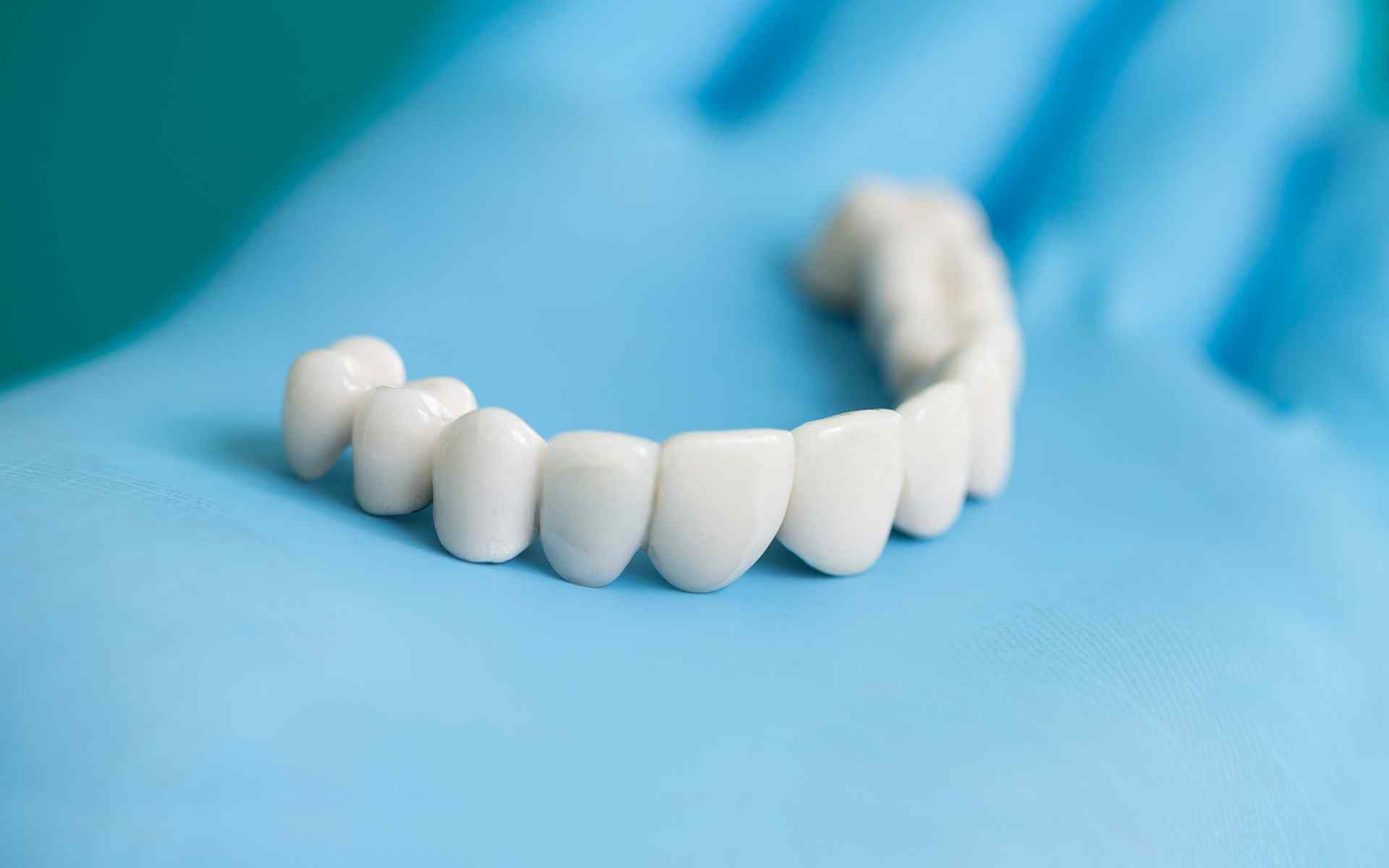The Centers for Disease Control and Prevention (CDC) say that fluoridated water has reduced tooth decay by about 25 percent. Fluoride treatments may offer even more significant benefits to protect teeth. These treatments can be beneficial to people at risk of tooth decay but may not be right for everyone.
In this article, we look at the benefits and side effects of fluoride and fluoride treatment, as well as treatment recommendations.
What is fluoride treatment?
Fluoride treatments are typically professional treatments containing a high concentration of fluoride that a dentist or hygienist will apply to a person’s teeth to improve health and reduce the risk of cavities. These in-office treatments may take the form of a solution, gel, foam, or varnish.
There are also some high-concentration fluoride treatments that people can use at home but only under the specific direction of a dentist.
The fluoride dentists use in these treatments is similar to the fluoride in toothpaste. However, the treatment contains much higher doses and may offer more rapid benefits.
Benefits of fluoride and fluoride treatments
Fluoride has several benefits for the teeth:
- It helps the body better use minerals, such as calcium and phosphate. The teeth reabsorb these minerals to repair weak tooth enamel.
- It joins into the tooth structure when teeth are developing to strengthen the enamel of the teeth, making them less vulnerable to bacteria and cavities for life.
- It slows or even reverses the development of cavities by harming bacteria that cause cavities.
When taken together, these benefits may help to:
- reduce the risk of cavities
- slow the growth of cavities
- delay the need for expensive dental work
- prolong the life of baby teeth
- reduce the amount of time and money a person has to spend at the dentist
By preventing cavities and slowing the growth of bacteria, fluoride treatment may also:
- prevent gum disease
- reduce tooth pain
- prevent the premature loss of teeth
Fluoride treatments can improve oral health, which, according to the World Health Organization (WHO), is a major predictor of overall health. Poor oral health can cause a range of other health conditions, including cardiovascular disease.






